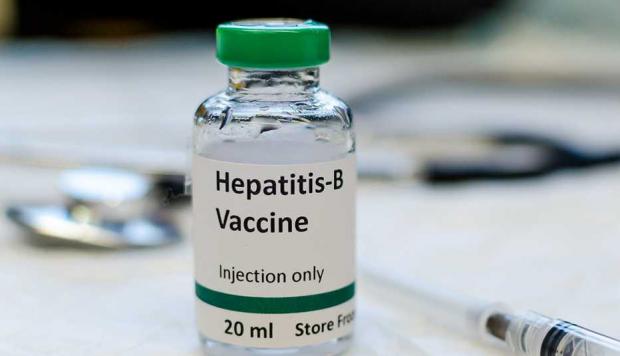
Breaking News
 FDA Chief Says No Solid Evidence Supporting Hepatitis B Vaccine At Birth
FDA Chief Says No Solid Evidence Supporting Hepatitis B Vaccine At Birth
Evergreen, Colorado: Another Killing Zone in America
 Trump Cryptically Writes "Here We Go!" In Reaction To Russia-Poland Drone Incident, Oil Sp
Trump Cryptically Writes "Here We Go!" In Reaction To Russia-Poland Drone Incident, Oil Sp
 Qatar Says It Reserves Right To Retaliate Against 'Barbaric' Netanyahu
Qatar Says It Reserves Right To Retaliate Against 'Barbaric' Netanyahu
Top Tech News
 Methylene chloride (CH2Cl?) and acetone (C?H?O) create a powerful paint remover...
Methylene chloride (CH2Cl?) and acetone (C?H?O) create a powerful paint remover...
 Engineer Builds His Own X-Ray After Hospital Charges Him $69K
Engineer Builds His Own X-Ray After Hospital Charges Him $69K
 Researchers create 2D nanomaterials with up to nine metals for extreme conditions
Researchers create 2D nanomaterials with up to nine metals for extreme conditions
 The Evolution of Electric Motors: From Bulky to Lightweight, Efficient Powerhouses
The Evolution of Electric Motors: From Bulky to Lightweight, Efficient Powerhouses
 3D-Printing 'Glue Gun' Can Repair Bone Fractures During Surgery Filling-in the Gaps Around..
3D-Printing 'Glue Gun' Can Repair Bone Fractures During Surgery Filling-in the Gaps Around..
 Kevlar-like EV battery material dissolves after use to recycle itself
Kevlar-like EV battery material dissolves after use to recycle itself
 Laser connects plane and satellite in breakthrough air-to-space link
Laser connects plane and satellite in breakthrough air-to-space link
 Lucid Motors' World-Leading Electric Powertrain Breakdown with Emad Dlala and Eric Bach
Lucid Motors' World-Leading Electric Powertrain Breakdown with Emad Dlala and Eric Bach
 Murder, UFOs & Antigravity Tech -- What's Really Happening at Huntsville, Alabama's Space Po
Murder, UFOs & Antigravity Tech -- What's Really Happening at Huntsville, Alabama's Space Po
FDA Chief Says No Solid Evidence Supporting Hepatitis B Vaccine At Birth

"I personally don't believe that the evidence is solid to say the Hep B shot needs to be given at birth," Dr. Marty Makary, the FDA commissioner, said during an appearance on Fox News.
"It's totally different from polio and measles, and some of these other shots that are tried and true and have been around for a long time."
The FDA, which is part of the Department of Health and Human Services, has cleared hepatitis B vaccines to be administered at birth. The Centers for Disease Control and Prevention recommends that all infants receive a hepatitis B vaccine on the day they are born.
A debate among some doctors regarding the recommendation has been taking place in light of the CDC vaccine advisory panel's scheduled discussion on the hepatitis B vaccination at its upcoming meeting.
"I predict that what they're going to do is try to change the birth dose of hepatitis B vaccine so that kids don't get it when they're born," Dr. Demetre Daskalakis, who recently resigned from the CDC, said during an appearance on ABC.
The panel makes recommendations on vaccines. The recommendations are usually adopted by the CDC.
Hepatitis B is a liver infection that can lead to liver failure and death, although some of those infected never experience symptoms. Hepatitis B is contracted through contact with the bodily fluids of an infected person. Babies who are born to infected women can also contract it.
The CDC first recommended the hepatitis B vaccine in 1982, the year after it was cleared, for people deemed to be at high risk, such as drug users, pregnant women, and infants born to mothers who had hepatitis B.
By 1992, the recommendation for infants shifted to the first day of life and was broadened to all newborns because of "the difficulty of vaccinating high-risk adults," according to the CDC.

 Tiny briefcase engine boosts EV range beyond battery power
Tiny briefcase engine boosts EV range beyond battery power 

